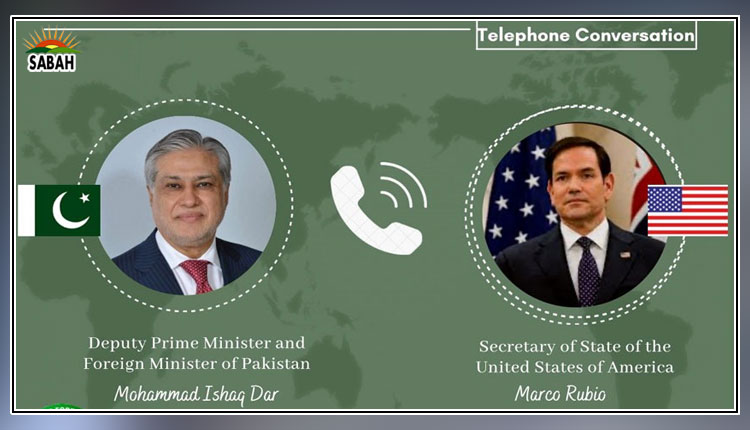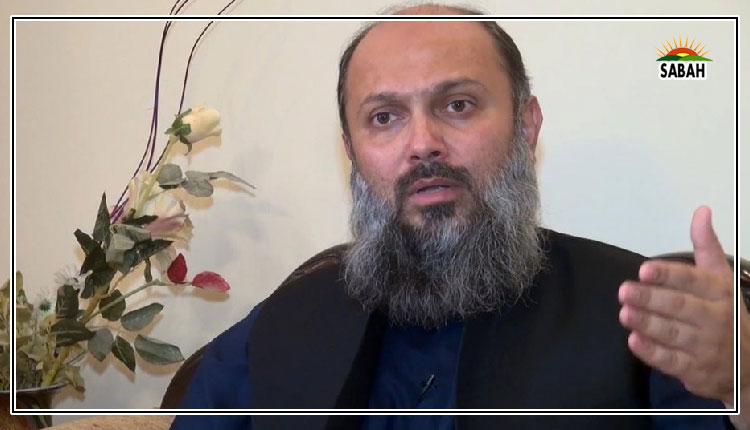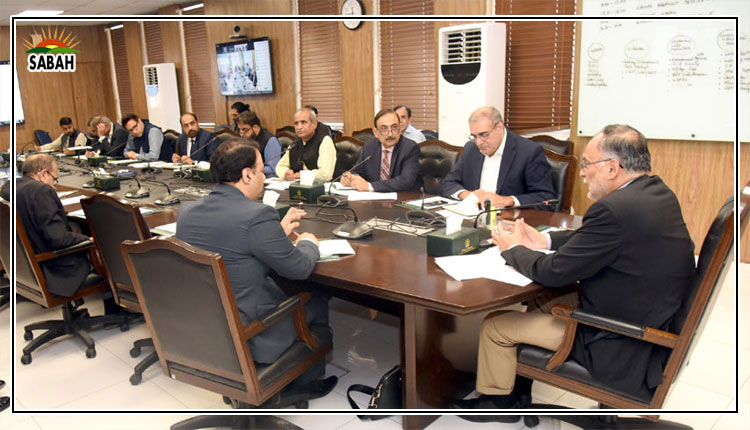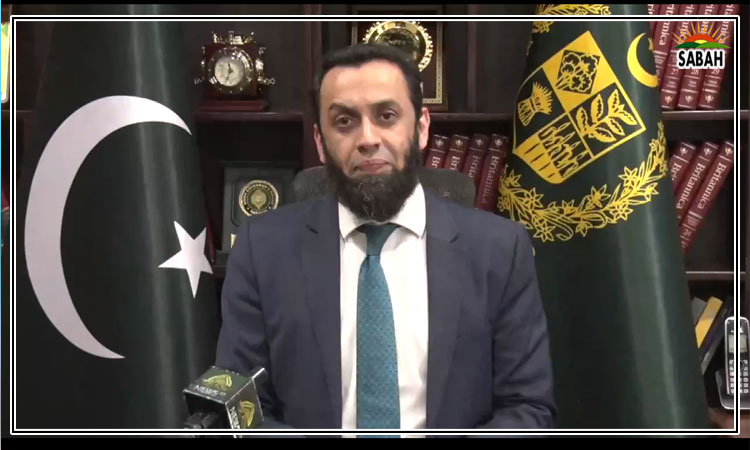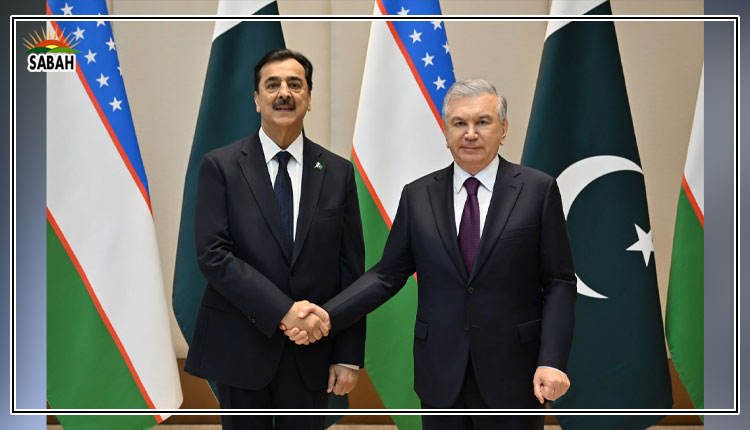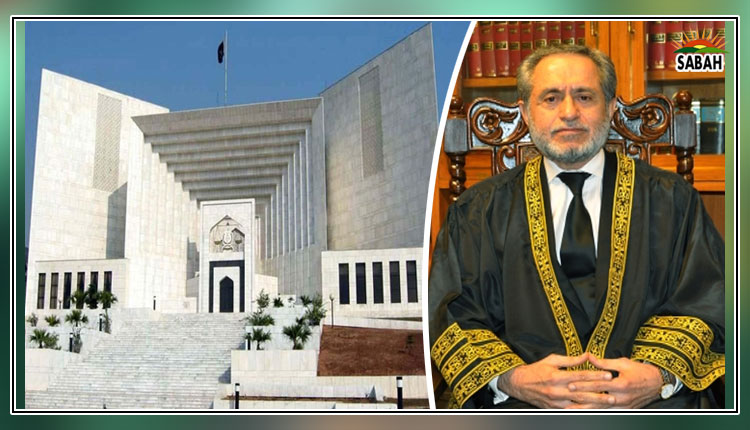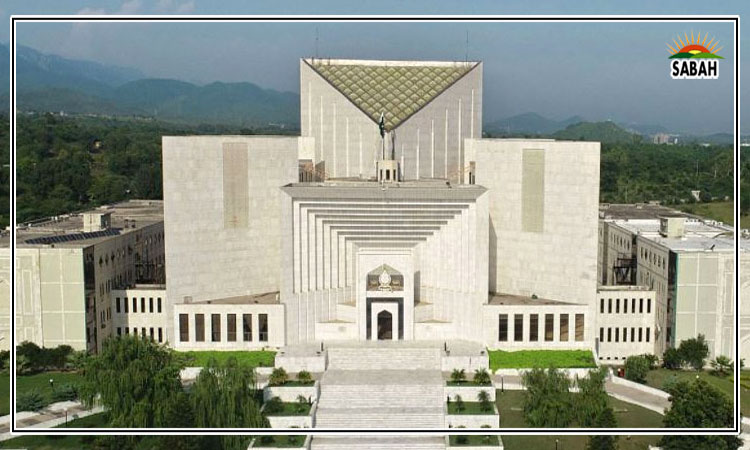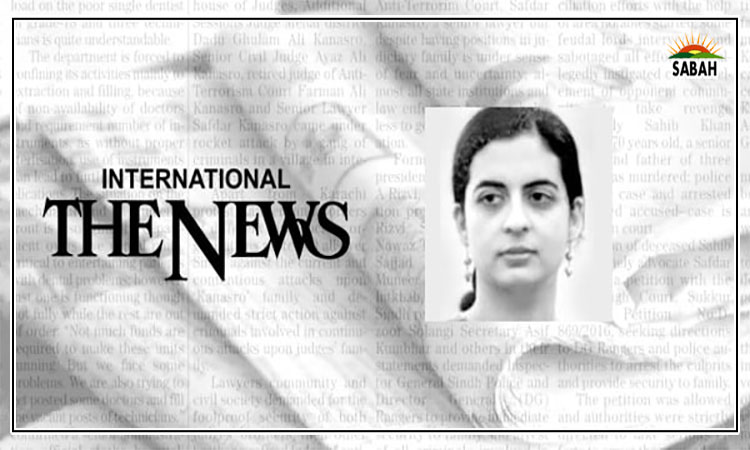Spirit of unity…By Kamila Hyat
The new year has arrived. The holiday season is drawing to a close, marking a time when families around the world come together, whether for brief moments or extended periods, to enjoy a break from the routines of school, work and other obligations.
This past year, there were some visible gestures aimed at promoting unity. The army chief attended a Christmas service, while Chief Minister of Punjab Maryam Nawaz reflected on her days in a Catholic school, recalling her time in the choir and participation in events celebrating the birth of Jesus Christ. These acts, along with statements from other leaders expressing solidarity with minority communities, carried symbolic value.
However, such gestures are not enough. They are far too few, and they come far too late. Our country is deeply divided, and this fragmentation cannot be addressed through symbolic actions or occasional statements alone. Pakistan has endured far too much violence, intolerance, and tragedy to overcome these divides without concerted effort. To foster genuine harmony, a far-reaching initiative is required, one that begins with the foundational level of society – our schools.
Education must be the cornerstone of this effort. Schools should teach children about all religions, encouraging them to appreciate and understand beliefs other than their own. Lessons in equality and tolerance must be embedded into curricula, emphasising that the constitution of Pakistan enshrines equal rights for all citizens, irrespective of faith. Children must also be introduced to the vision articulated by Muhammad Ali Jinnah in his historic speech on August 11, 1947, where he envisioned a nation respecting all faiths and granting all people the freedom to live as they choose. The systematic erasure of this speech from textbooks and official archives, particularly during General Ziaul Haq’s regime, has been a disservice to the ideals upon which Pakistan was founded.
Reversing this trend will require a policy-driven approach rather than mere lip service. While symbolic statements from leaders are valuable, they must be supported by robust, long-term initiatives that embed the principles of inclusivity and respect into the social fabric. Such an effort will undoubtedly take time and commitment, but it is essential if we are to build a Pakistan where acts of violence, arson, and hatred no longer tarnish our society.
Beyond the educational sphere, we must address the pervasive sense of ‘otherness’ that divides us. Too often, we view those outside our immediate community – whether defined by ethnicity, religion, gender, or socioeconomic status – as ‘the other’. This mindset has fractured what was once a more united society, creating divisions that serve specific agendas or interests. The damage inflicted by these divides is immense, and healing them will require deliberate and sustained effort.
To begin with, we must embrace Pakistan’s diversity as a strength rather than a source of division. This means fostering a sense of unity among all Pakistanis, regardless of their backgrounds. Unfortunately, the current reality is quite the opposite. Parochial attitudes are prevalent in other provinces and regions. These divisions extend beyond geography, encompassing class, caste, and wealth disparities that have further fragmented our society.
The erosion of shared spaces and experiences has also contributed to this divide. Gone are the days when children from all income groups played together in the streets, forming bonds that transcended social and economic differences. Today, concerns about security and a growing preference for exclusivity have driven people into isolated bubbles. Rebuilding a sense of community will require deliberate efforts to revive shared spaces and experiences.
As we look to the future, there are steps we can take to foster togetherness. Reviving festivals that unite people across communities is one such step. Basant, for instance, is Pakistan’s only truly secular festival, celebrated by people of all backgrounds. Once a symbol of joy and unity, it has been lost to time and controversy. While safety concerns associated with kite-flying are valid, these issues can be mitigated by relocating the festival to less densely populated areas. This would allow people to enjoy the event without endangering lives, much like similar celebrations across the border or in other parts of the world.
Most importantly, we must cultivate a culture of inclusion and empathy. Leaders, educators, and citizens alike have a role to play in spreading the message of unity. While it is easy to feel disheartened by the challenges we face, we must also recognise that change is possible. It will take years, perhaps even generations, to heal the wounds inflicted on our society, but the process must begin now.
In this new year, those with influence and authority must prioritise the mission of togetherness. Beyond rhetoric, this means implementing policies and programmes that promote equality, justice, and inclusion. It also means addressing systemic issues that perpetuate division, from discriminatory laws to unequal access to resources and opportunities.
As we reflect on the past and look to the future, let us strive to create a Pakistan where festivals like Christmas, Diwali, Holi, and Basant are celebrated by all, and where every citizen feels valued and respected. While 2025 may not bring about dramatic change, it can mark the beginning of a journey toward a more united and harmonious society.
COURTESY THE NEWS


